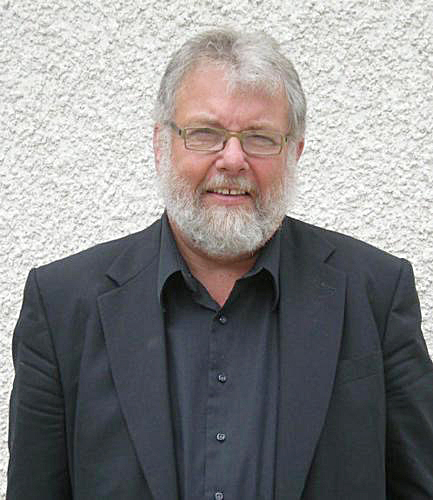
Reminiscences of a political life
This year will be the 30th anniversary of the great Canadian debate about the Charlottetown Accord and the subsequent referendum that took place on October 26, 1992. The Charlottetown Accord was a response to the failure to ratify the Meech Lake Accord in 1990. And of course, the Meech Lake Accord itself was a response to the Patriation of the Canadian Constitution in 1982, when the British North America Act at Westminster was returned and became the Constitution Act 1982, which included the Canadian Charter of Rights and Freedoms. And Patriation itself had been Pierre Trudeau’s response to the first Quebec referendum in 1980.
The fact that Quebec never signed the patriated constitution was a problem that Brian Mulroney tried mightily to fix, but in the end he did not succeed. Instead, the failure of the Meech and Charlottetown Accords unintentionally made matters worse and created the context for the second Quebec referendum in 1995, which fell only a percentage point short of initiating a process that might have led to the end of Canada as we know it.
The second referendum led Prime Minister Chretien to implement at the administrative and legislative level much of what Quebec had sought in the Meech Lake Accord. It also led him bring forward the Clarity Act, which stipulated that in any future referendum Canada would only be obliged to negotiate with Quebec if there was a clear majority on a clear question.
Shortly thereafter Lucien Bouchard, the leading sovereigntist Quebec voice, resigned from political life.
After this brief survey history of constitutional struggles, through all of which I was a MP, I want to return to the subject of the referendum on the Charlottetown Accord. The referendum on the Charlottetown Accord in the fall of 1992 was a dismal political experience for me. I supported the Accord, despite some of its arguable flaws, but my constituents certainly did not, and that may well have contributed to a close call for me in the federal election of 1993. The riding of Winnipeg – Transcona had the highest NO vote in the province, a result which in my view reflected in part their feelings about Brian Mulroney as much as it did their feelings about the accord itself.
But the debate on the referendum did have one highlight. I enjoyed the rare opportunity of meeting and debating a political legend. Immanuel United Church, in my riding, sponsored a town hall meeting on the accord, but there were no locals prepared to debate me on the issue. Instead, the “NO” side sent then 97-year-old former Liberal Manitoba Premier Douglas Campbell, who had become a member of the Reform Party, and shared that Party’s opposition to the accord. He was the Premier of Manitoba when I was born in 1951.
Mr. Campbell was not only unusually old, but also quite blind.
Nevertheless, he seemed to have memorized the accord, and knew what he was talking about. You might say he was formidable, but he was also amiable, and we had a splendid evening as far as such evenings go. At some point in the evening, we realized our common affection for Scotland’s Immortal Bard, Robert Burns.
At the end of the evening everyone had a good laugh when the former Premier said he was glad it was over, for if he stayed any longer, I might end up selling him an NDP membership.
But he was on the winning side of the debate over the Charlottetown Accord, which laid the basis for the success of the Reform Party and the Bloc Quebecois in 1993. In the realm of unintended consequences, the Charlottetown Accord has a place of honour, or dishonour, as the case may be.
Former Manitoba Premier Douglas Campbell lived to be 100 years old.
Hon. Bill Blaikie was the NDP MP for Transcona from 1979 to 2015. He was Provincial Minister of Conservation under Gary Doer.
